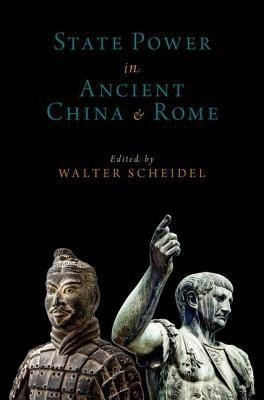State Power in Ancient China and Rome(English, Hardcover, unknown)
Quick Overview
Product Price Comparison
The Chinese and the Romans created the largest empires of the ancient world. Separated by thousands of miles of steppe, mountains and sea, these powerful states developed independently and with very limited awareness of each other's existence. This parallel process of state formation served as a massive natural experiment in social evolution that provides unique insight into the complexities of historical causation. Comparisons between the two empires shed new light on the factors that led to particular outcomes and help us understand similarities and differences in ancient state formation. The explicitly comparative perspective adopted in this volume opens up a dialogue between scholars from different areas of specialization, encouraging them to address big questions about the nature of imperial rule. In a series of interlocking case studies, leading experts of early China and the ancient Mediterranean explore the relationship between rulers and elite groups, the organization and funding of government, and the ways in which urban development reflected the interplay between state power and communal civic institutions. Bureaucratization, famously associated with Qin and Han China but long less prominent in the Roman world, receives special attention as an index of the ambitions and capabilities of kings and emperors. The volume concludes with a look at the preconditions for the emergence of divine rulership. Taken together, these pioneering contributions lay the foundations for a systematic comparative history of early empires.


